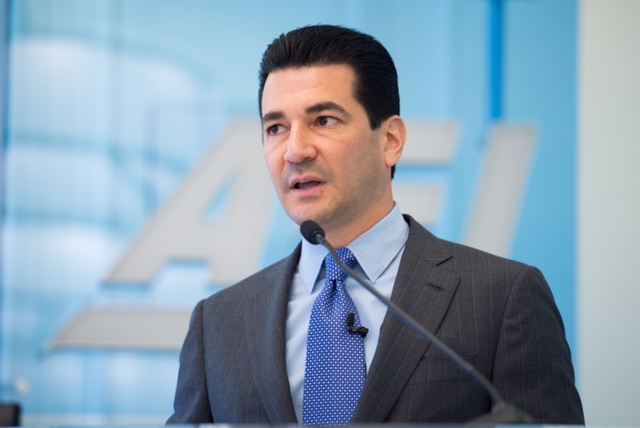For the fifth time during the pandemic, The US Food and Drug Administration (FDA) has temporarily loosened labeling and information rules for food manufacturers. Intended to ease manufacturers’ supply-chain difficulties, advocacy groups are concerned that the changes will become permanent and that they will present problems for consumers concerned about tracking the origin of their food.
The new guidance allows manufacturers to substitute hard-to-source ingredients in their products without changing the label, while also allowing vending machine operators the freedom to omit calorie information for foods sold.
Related: FDA Temporarily Easing Up on Nutrition Labeling Guidelines in Restaurants
While the guidance, announced Friday, helps the FDA handle COVID-19-related matters, some advocacy groups note that it makes it more difficult for people with food allergies to be confident that their food won’t cause an allergic reaction. Vending machines have some notable advances addressing this in the past year by offering healthier choices, but the new guidance is taking a step backwards.
Since the start of the pandemic, other temporary changes that the FDA has issued include addressing nutrition labeling on food packages, menu labeling at fast-food chains and two involving the packaging and labeling of eggs. These rules have eased requirements for nutrition fact labeling on restaurant food repurposed for retail sales.
This rule change eases requirements on vending machine operators to provide calorie information for foods sold during the pandemic. The rule stated that a manufacturer may swap secondary ingredients so long as the stand-in “does not cause any adverse health effect (including food allergens, gluten, sulfites or other ingredients known to cause sensitivities in some people, for example, glutamates),” The Washington Post reported.
The FDA said temporary substitution of certain oils may be appropriate without a label change. Because they contain similar types of fats, substituting canola for sunflower, for example, is acceptable. In the same vain, unbleached flour can be substituted for bleached flour without a label change due to floor shortages. Because of these new guidelines, manufacturers now have the flexibility to substitute spices or vegetables without alerting consumers.
The guidance provides temporary flexibility to the vending machine industry regarding vending machine labeling requirements during the public health emergency. Vending machines are no longer required to provide calorie information, although it is still encouraged. Additionally, the FDA will provide flexibility should vending machine operators experience difficulties in replacing stock, necessitating product substitutions using products that lack front of package calorie information.
The temporary policy will remain in effect for the duration of the pandemic. The FDA will consider whether an extension is warranted, even after the termination of the public health emergency given that the food and agricultural sector may need additional time to bring supply chains back to regular order.









Join or login to leave a comment
JOIN LOGIN